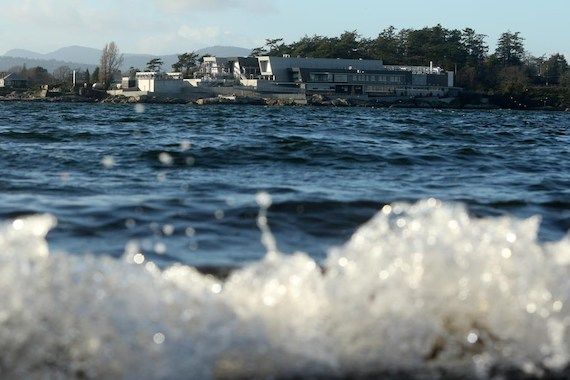

However, INSPQ suggests that wastewater monitoring is still in its infancy and more studies and experiments are needed. (Photo: Canadian Press)
Quebec scientists believe monitoring COVID-19 in sewage may be of interest to public health in identifying and explaining the spread of the disease in the population.
In a document sent out on Wednesday, the National Institutes of Public Health of Quebec (INSPQ) said sewage monitoring appears to be a more useful monitoring tool to serve as a precautionary measure when cases are rapidly increasing, especially when they are serious. Clinical screening has been reduced as is currently the case.
However, INSPQ suggests that wastewater monitoring is still in its infancy and more studies and experiments are needed.
In addition, the Institute’s document covers literature produced from November 2019 to February 2021. So it makes no mention of the introduction of different variants of the COVID-19 virus that have emerged since then.
Since the outbreak of the COVID-19 pandemic, researchers in many parts of Canada have been working to monitor sewage content, observing the presence of subtle traces of the virus to track its progress.
Dr. Christopher Modi, an infectious disease specialist at the University of Calgary, recently reported that PCR test findings make up only six or eight percent of the actual number of cases, and that the gap widens with rapid tests and people who rely on them. Who do not undergo tests.
Dr. Modi stressed that wastewater analysis can partially help overcome data shortages. In his opinion, it represents a very useful tool for estimating the magnitude of the disease burden.
In Quebec, a six-month pilot project on a wastewater study funded by the Quebec Research Fund, the Molson Foundation and the Trotter Family Foundation ended early last month. Sarah Dorner, a polytechnic Montreal professor, explained that there was not much funding to pursue.
Professor Dorner reports that her team still observed rapid growth of SARS-CoV-2 in Montreal sewage before the project deadline.





More Stories
Healing Streams Live Healing Services with Pastor Chris: Miracles Await this March 14th – 16th, 2025!
Essential Care for Hermann’s Tortoise: A Guide to Thriving Pets
Nail Decisions: Which is Better for You, Acrylic or Gel?